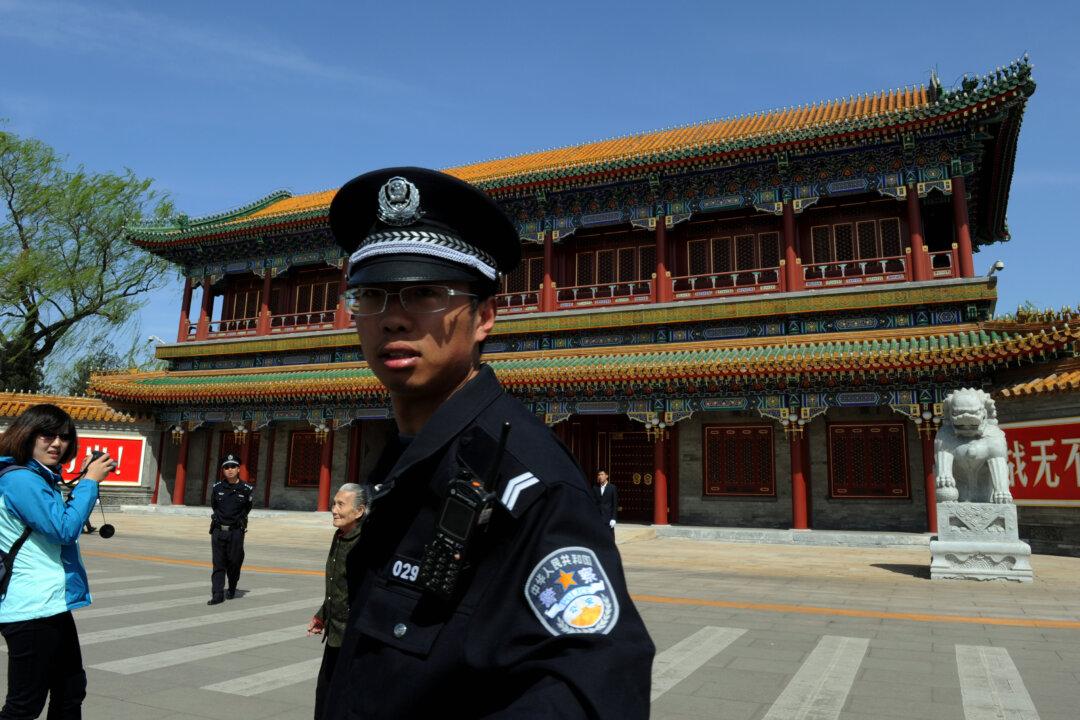Hong Kong tycoon Li Ka-shing’s foundation has recently reduced its stake in the Postal Savings Bank of China, cashing out HK$122 million (about $15.6 million).
Market observers speculate that Li Ka Shing Foundation’s sale of its shares on May 11 is a sign that Li is pessimistic about the long-term outlook of China’s economy, as his every move in the financial sector is considered a barometer for the investment community.
The Post Savings Bank of China told media outlets that it had always maintained a good relationship with the foundation, which does not interfere with the operation and development of the bank. The foundation claimed that its share reduction was a routine financial arrangement.
The Postal Savings Bank of China was converted into a joint-stock company in January 2012 and introduced 10 domestic and foreign strategic investors in December 2015. It was listed on the Hong Kong Stock Exchange in September 2016, becoming the world’s largest IPO that year.
Albert Song, a political and economic researcher at the independent overseas think tank Tianjun, said in an interview with The Epoch Times on May 20: “Li Ka Shing Foundation’s reduction of its stake in the Postal Savings Bank of China should be part of its capital operation. But, of course, the overall risk of the Chinese banking industry is increasing. The amount of non-performing assets will also increase. As an investor, this is something to consider.”
“Sir Li Ka-shing’s investment activities have been regarded as a trendsetter in the investment world,” said Lu Yuanxing, a U.S.-based political and economic analyst. “From his past investment experience, we can clearly see that he has a keen vision and foresight. He invested more in mainland China during its rapid economic development. Then, when there was some political instability, he withdrew from the mainland and sold some of his property investments to invest more in overseas markets. These decisions later proved that his judgment was accurate and valuable.”
Shanghai Pudong Development Bank
On the day Li’s foundation reduced its stake in the Postal Savings Bank of China, a large crowd gathered outside Pudong Development Bank in Shanghai, and security personnel were on hand to maintain order. Photos of the scene quickly circulated on the internet, and various news reports claimed that these people were collectively bargaining for their salaries.The bank then responded to the Chinese media that the gathering resulted from a labor dispute between a business outsourcing company and its employees and that the outsourcing company was currently communicating with the employees to resolve the situation.
Despite Pudong Development Bank’s speedy response, pay cuts in a high-paying industry and the bank’s performance have generated concern in the market.
Chinese media Changjiang Business News reported on the average salary of Pudong Development Bank’s employees from 2019 to 2022 and found that the annual average wage in 2022 had dropped to 447,000 yuan (about $63,000), a decrease of about 3.63 percent since 2019.
Looming Crisis
China’s real estate crisis will eventually be reflected in the financial system. Banks’ profits plunged as demand for mortgages dropped. Due to the shrinking profits, many banks have cut staff wages.CCB Bank Cards ‘Frozen’
Many people in Yunnan Province recently reported that their China Construction Bank (CCB) debit and credit cards have been “frozen,” and they could not conduct their usual business activities. The text messages they received from CCB said that card transactions were risky and that ATM and online transactions could not be processed at the time.On May 11, CCB’s branches in Kunming saw customers queuing in the bank lobby for hours to unlock their cards. The two branches of the CCB in Kunming told Chinese state media that the bank froze cards to prevent online fraud.
Song believes that CCB may have chosen to freeze their bank cards to prevent money laundering or discourage clients from withdrawing large sums of cash.





